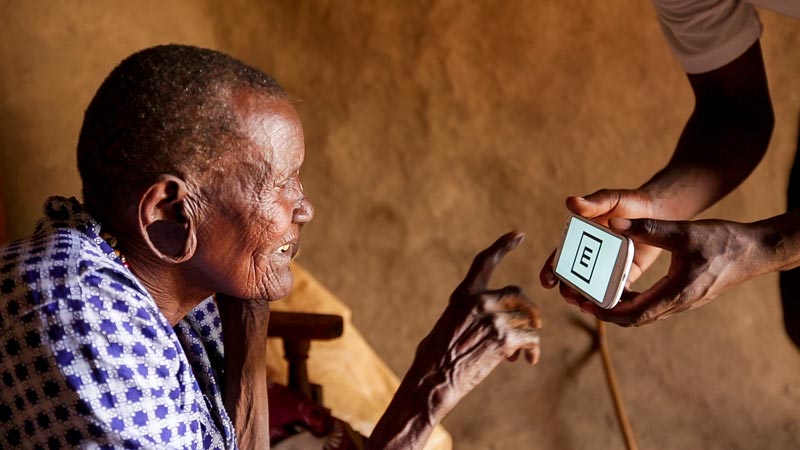E-health in Africa involves a lot of moving pieces. How can Africa maintain this momentum? Buy-in from the public and private sectors, vigorous training and infrastructure development are important parts of the equation. Stakeholders will need to call on governments to form national eHealth bodies to guide policy and strategy, data security, legal and ethical issues, as well as funding, monitoring and evaluations.
In Uganda, the government has unveiled a national e-health policy that recognizes the potential of information and communication technology (ICT) in healthcare delivery. The government has engaged stakeholders to ensure an informed national e-health policy based on international best practice.
In Nigeria, the government has been using e-health technology to help it fight the pandemic. Through the help of e-Health Africa, the government has set up a system that alerts patients who take a test for the virus with an automated text message with the results and has used the platform for contact tracing. This system helps deal with the pressure on an already stressed healthcare system.
A successful digital healthcare system will rely on adequately trained providers. Upskilling local healthcare workforce is thus a major requirement and the private sector has its part to play.
E-health in Africa involves a lot of moving pieces. But if the pandemic has taught us something, it’s that Africa is fertile with innovation.
Chatbots using artificial intelligence (AI) have enabled Nigerians to self-diagnose, South Africa has revolutionised AI-powered call centres, and Uganda has invested in telemedicine applications.
There is an opportunity for Africa to transform its healthcare, and mobile technologies will be a big driver to achieving the aim of Universal Health Care 2030.
Source: https://www.theafricareport.com/



